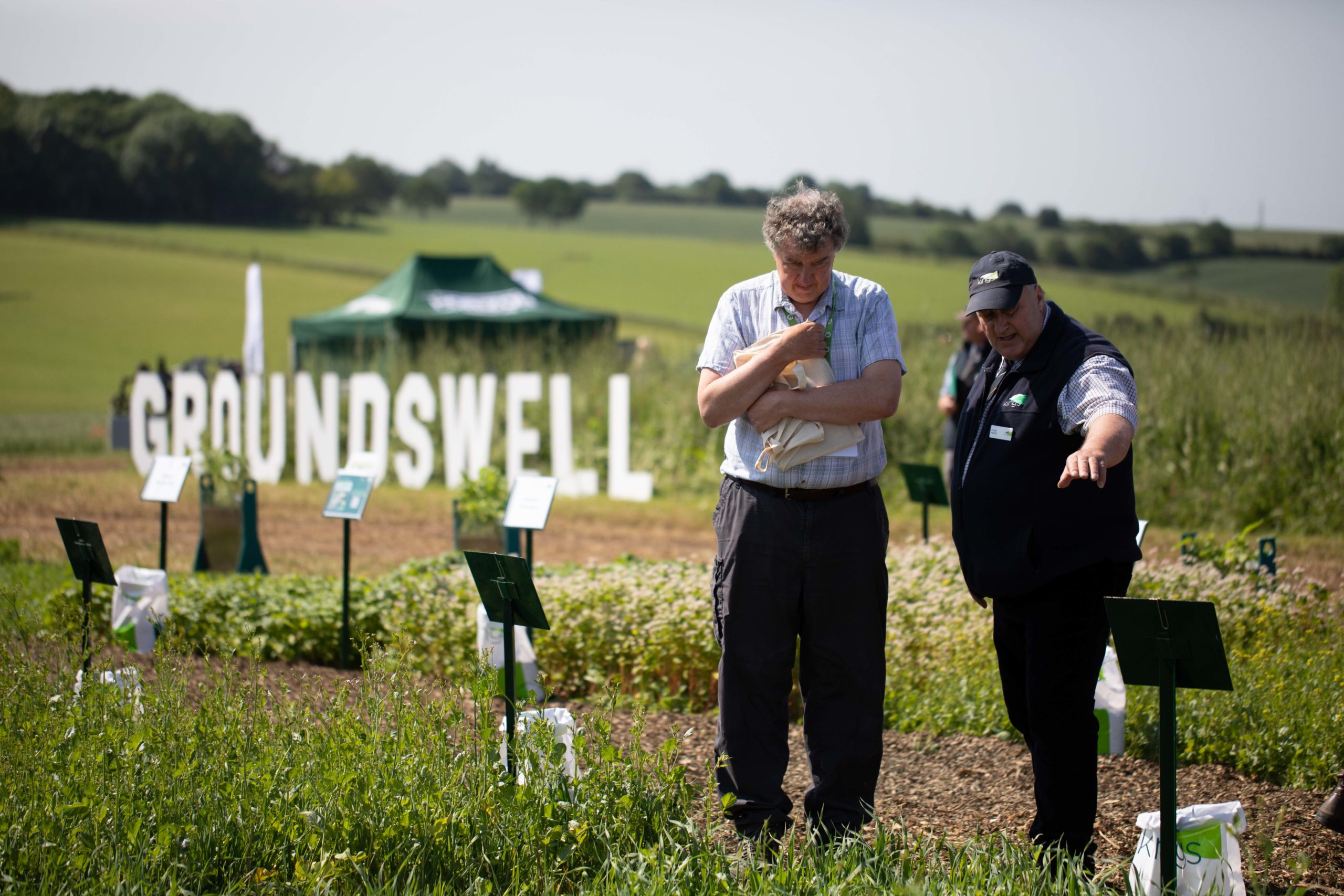By Jane Craigie
Regenerative agriculture is a concept that is captivating many UK farmers as the sector plans for a greener emphasis for farming support payments. ‘Regen Ag’ focuses on soil regeneration, minimum tillage and mixed farming. Many ‘Regen’ advocates also place importance on the regeneration of communities as well as the land itself.
It fascinates me to see how farmers are taking to social media, field events and asking for advice, aimed at making wholesale changes to their farm practices that are focused on environmental improvement and wider community engagement.
There are farmers looking at developing new income streams from ‘selling’ the carbon stored and biodiversity present on their farms, to businesses, or households, looking to ‘offset’ their own carbon and practices. Some are looking at forgoing Government support payments because, they believe, that direct sales of their ‘green assets’ will be more lucrative than the income from Governments.
I am advising one of these groups, and am also planning on offsetting our own business’s carbon position with these farmers. In addition to carbon, I’m keen on supporting very specific practices on their farms – like increasing the number of nesting skylarks and reinstating of ancient grassland species on unproductive areas of their farms. This kind of partnership between new customers for green assets/goods has to be a good thing. In my mind the resulting transactions and dialogue will develop better understanding between farming and society, but more importantly a potentially lucrative new income stream for farmers.
Our team supported the Groundswell Event this year. It is a 2-day field show that celebrates Regen Ag and is run by – and held on – the Cherry family farm in Hertfordshire. This, the fifth event, ran in late June and – at 3,500 visitors – was a sell-out.
The exponential growth of the event mirrors the traction that a more environmentally conscious farming approach is gaining.
Groundswell is centred on the sharing of experiences between farmers from all over the world, and working demonstrations – of direct drills, cover crops, herbal leys, composting demos, drones, mob cattle grazing, tree management and, also, sessions like a dung beetle safari. It was a real celebration of the environment and practical ways to ensure that farmland profitability is still front of mind, but not earned at the expense of soil health and biodiversity.
Regen Ag has also gained political momentum- George Eustice, Secretary of State for Defra, attended Groundswell, which is very telling. In his speech to the event’s visitors, he acknowledged the environmental benefits many in the sector are already delivering through Regen Ag, and other approaches. He gave some more insight into the support payment mechanisms – Environmental Land Management (ELMS) – designed to accelerate sustainability in farming, increasing carbon capture and achieving net zero. It’s clear from him that Regen Ag and the investment to deliver increased farmland biodiversity is at the heart of Westminster’s expectations of farmers.
In Scotland we won’t have ELMS, but our direction of travel is the same as in England – going greener, aiming for net zero and building biodiversity. I think Scottish farmers and crofters have a head start, mixed farming is still very much at the heart of our farming and many farmers already have a firm focus on protecting soil and building soil health. However, there is still work to do, there will need to be significant investment made into infrastructure and technology to achieve net zero, more care for soil protection – particularly in vegetable and potato growing rotations – and biodiversity encouragement is no longer a nice to do, it’s a need to do. But, there certainly seems to be some opportunities from the green changes coming.

